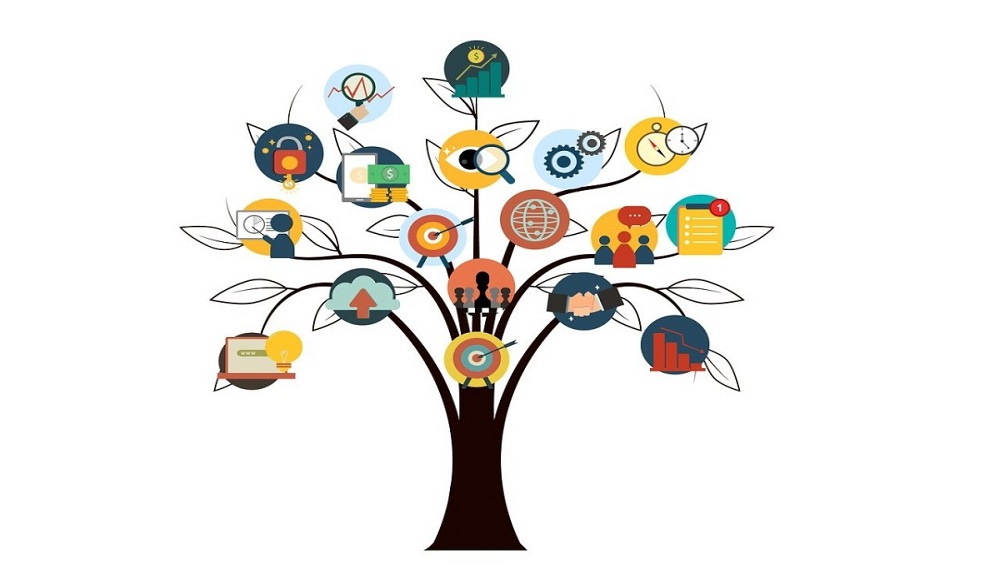6 Leadership Competencies For The Future Of Work

In my earlier article (https://www.linkedin.com/pulse/6-challenges-remote-leadership-dr-ruth-d-souza ), we have examined the 6 challenges, leaders of remote teams encounter. The next step would be to examine the key competencies leaders would need to successfully engage with the future of work.
1. Performance-oriented Technical skills
Depending on the role and the function, leaders will need cutting-edge technical skills. The use of technology, critical thinking, problem-solving, analytical skills, and role-based functional competencies are all imperative.
2. Execution skills
Execution is no longer a “Strategy” problem. Rather it is a “People” problem. Execution is the result of hundreds of decisions made every day by people on the ground, and it is their behavior and skills that impact the decision-making process. Aligning people to business goals and keeping their single-minded focus on actions that give maximum impact will determine results. The reality is that even in the most professional organizations, people work at cross purposes or are not sharply focused resulting in execution ‘gaps.’ The most important task of leadership is to answer the question ‘How can we align the team’s efforts and help them accomplish the organization’s most important tasks?’
3. Emotional intelligence
Remote working is here to stay. Whether completely remote or hybrid will depend on the organization’s needs and customer interfacing requirements. To manage both face-to-face and remote teams, leaders of the future will need to be more ‘Emotionally intelligent. The ability to be aware of oneself as well as the emotions of others will determine how a leader will foster team performance. Proficiency in each of the 5 areas of EI -Self-awareness, Self-management, Self-motivation, Empathy, Managing relationships- will be central to future leadership skills.
4. Resilience
In a constantly changing world, where we have to adapt to new contexts, resilience is one skill leaders need to develop. Covid has disrupted the world and resilient leaders learned quickly and began to create environments for the team to perform. The following formula is a good guideline to build resilience.
- Refocus on the big picture
- Revise to examine assumptions critically
- Recultivate self-awareness
- Reframe positive thoughts.
5. Communication and Deep listening
People’s problems often boil down to ‘Communication’. Leaders need to take the time to go beyond conventional listening – to hear every dimension of the other person, both what is said as well as what is implied. It means to hear the words and the emotions beneath them and to hear the general temperament and mood of the person: to hear all of it. In a virtual era, communicating at a deeper level is a challenge. This can be overcome if we take the time to really LISTEN.
6. Conflict resolution
When something goes wrong, instead of resorting to the blame game, it may pay off to understand the root cause and address it objectively. Collaboration is a key skill – together with problem-solving capabilities and innovation creates a groundwork for Win-Win outcomes.
Conclusion
In a rapidly evolving world, yesterday’s skills will not generate results tomorrow. In order to ensure sustainable performance, it is crucial to building new competencies – those that empower teams, develop cutting-edge execution skills, and enable them to perform.
